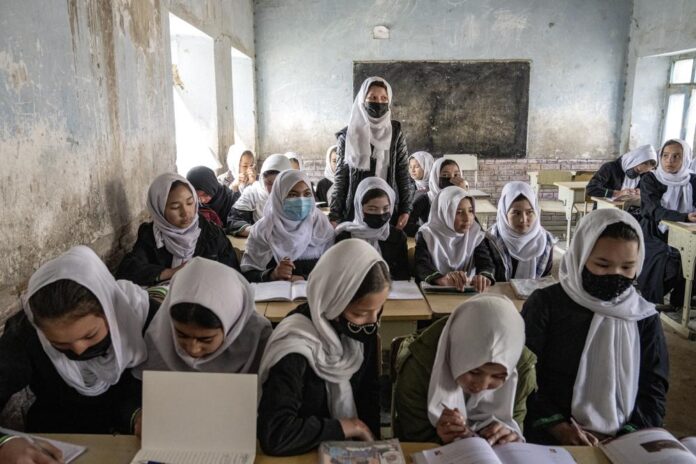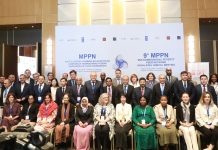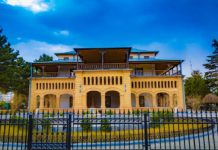Jalalabad, Afghanistan (AP) – Afghan religious scholars on Saturday criticized a ban on women’s education and a key Taliban minister warned clerics not to defy the government over a controversial issue.
In Afghanistan, a girl cannot attend school after her sixth grade, and the ban on education extends to college. Women are prohibited from public places, including parks, and most forms of employment. Afghan women were banned from working for the United Nations last week, according to international organizations, although the Taliban have yet to make an official announcement.
Universities and schools reopened in March without female students, although authorities view the restrictions on education as a temporary suspension rather than a ban. With the economy collapsing and the humanitarian crisis worsening, the ban has sparked international uproar and deepened the country’s isolation.
Two prominent Afghan religious scholars said on Saturday that authorities should reconsider their decision. While there is little public opposition to Taliban policies, some Taliban leaders have expressed opposition to the decision-making process.
One academic, Abdul Rahman Abid, said educational institutions should be allowed to reinstate girls and women in separate classes, hire female teachers, shift schedules, and even build new facilities.
Knowledge is mandatory in Islam for both men and women, he told The Associated Press.Islam allows women to study. “My daughter is absent from school. I am ashamed. I have no answer for my daughter,” he said. “My daughter asks why girls are not allowed to study in the Islamic system. She has no answer for her.”
He said reforms were needed and warned that delays would cost the world’s Islamic communities and weaken governments.
Another academic, a member of the Taliban, told the Associated Press that there is still time for government departments to resolve the issue of girls’ education. mentioned ministries. By his order, the government banned girls from entering classrooms. Himat said he has two types of criticism. One is to destroy the system, and another is to make corrective criticism.
“Islam allows both men and women to study, but we have to consider the hijab and the curriculum,” Himat said. should think about it, without criticism there is a possibility of corruption. My personal opinion is that girls should be educated up to college level. “
Acting Higher Education Minister Nida Mohammad Nadim said on Friday that clerics should not speak out against government policies.
He made his remarks after another scholar, Abdul Sami al-Ghaznawi, told students at religious schools that there was no conflict over girls’ education. He said Islamic scriptures make it clear that girls’ education is acceptable.Al Ghaznawi could not be reached for comment.
Nadim appeared to target Al-Ghaznawi by mentioning an “honored scholar” at the beginning of a video posted on social media. “They urged people to rebel and what happened?” said Nadim. “As a result, rebellion against this (ban) is permissible. If people are encouraged to rebel against this system, will it benefit Muslims?”






